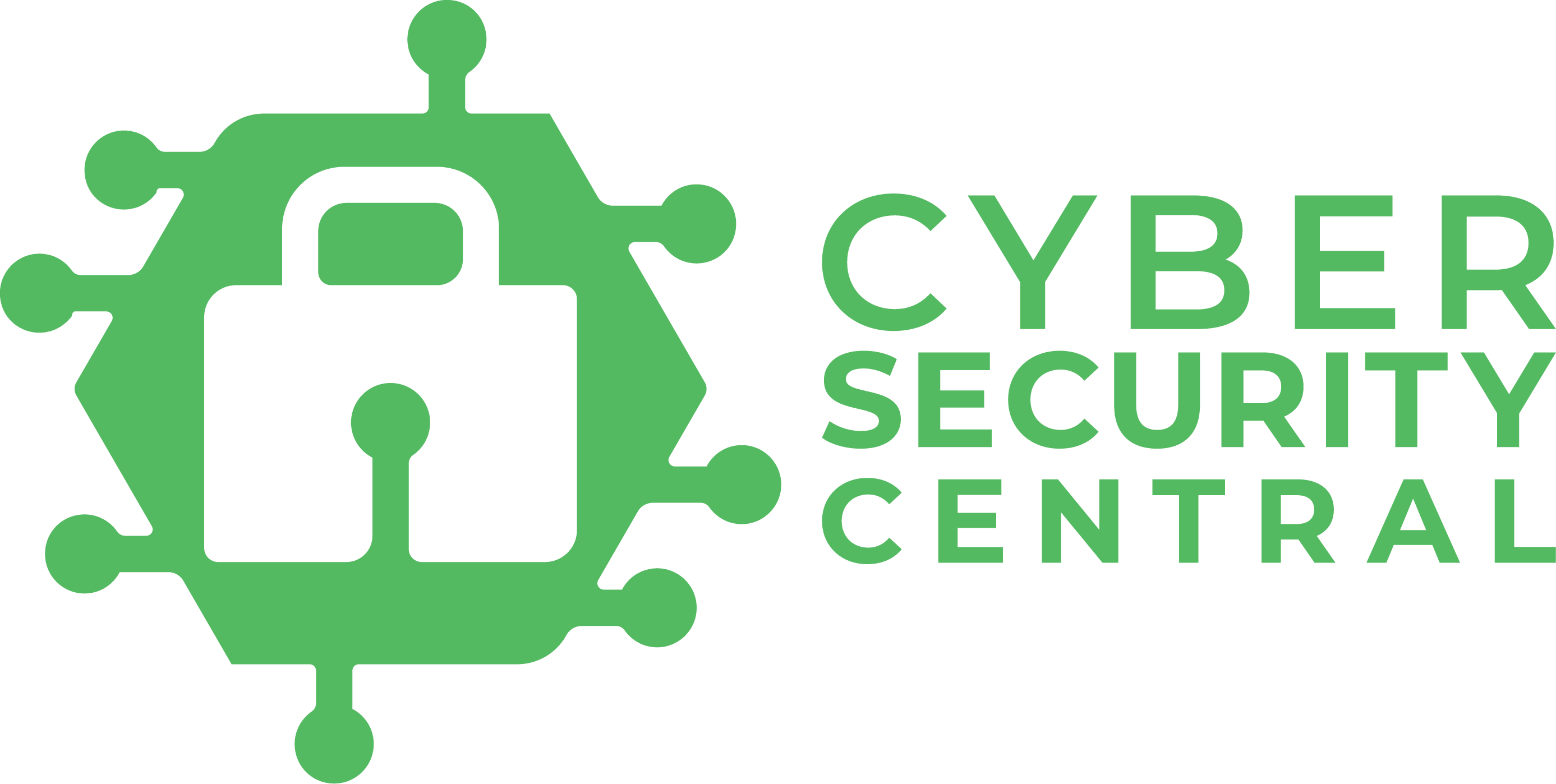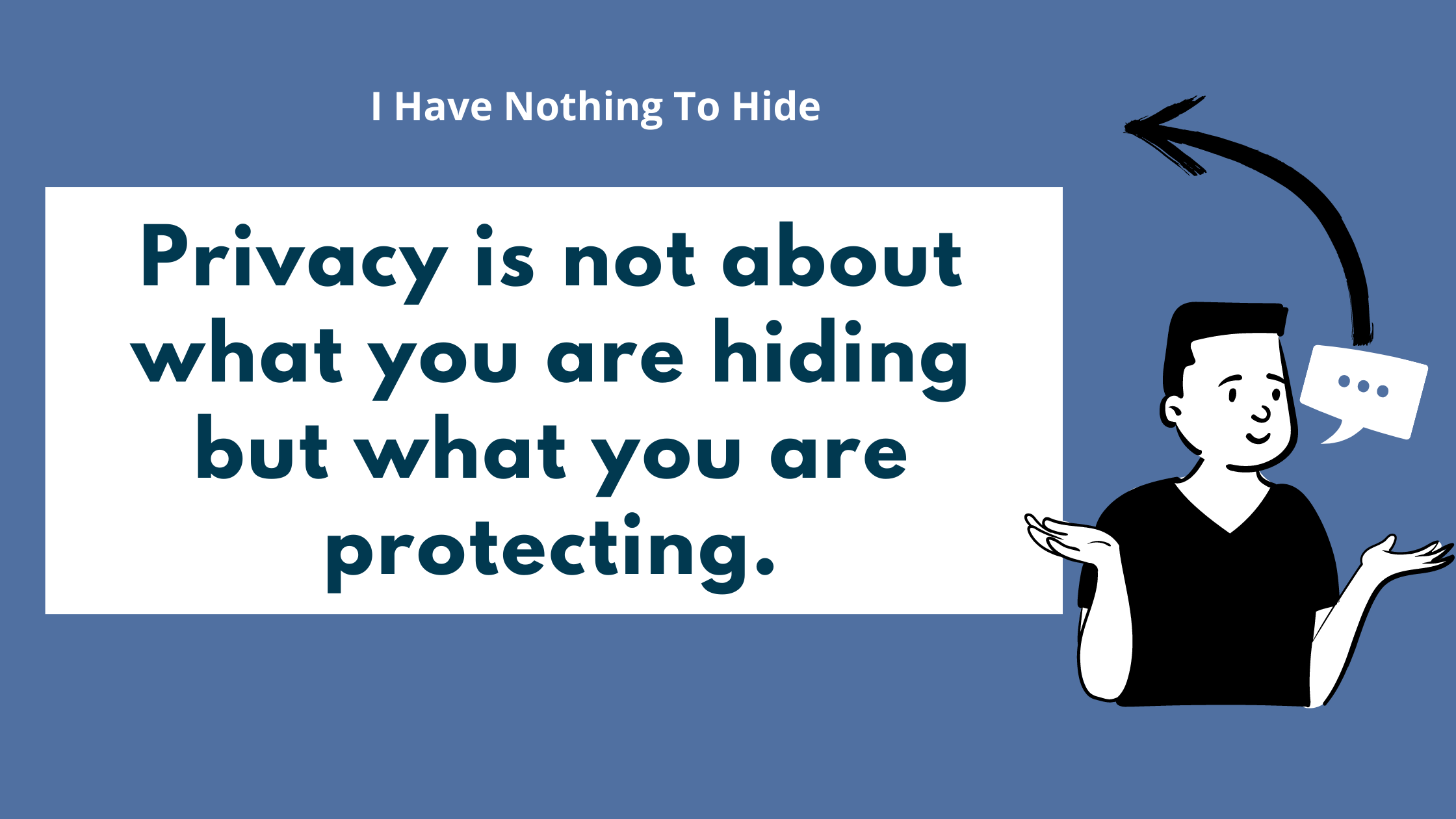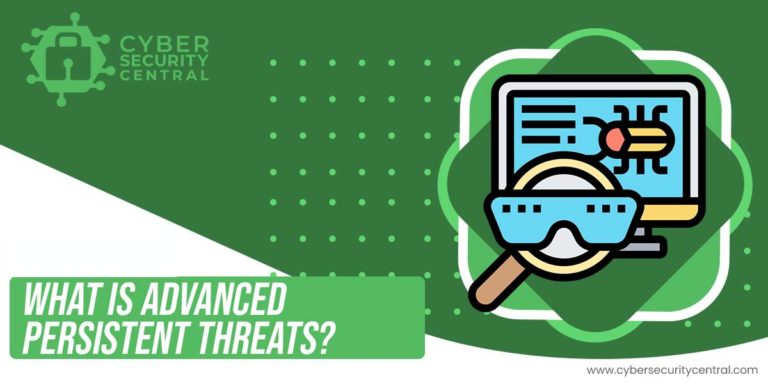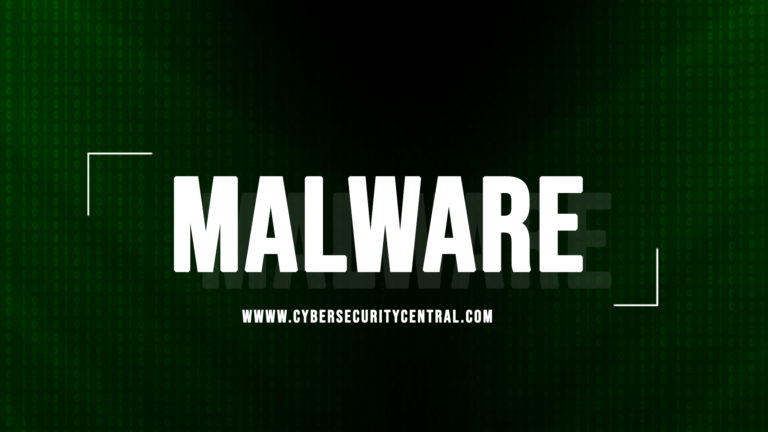I Have Nothing To Hide in Regards to Privacy
Table of Contents
If you’ve ever heard the term “I have nothing to hide” in response to breaches in privacy or even used that adage yourself in your personal life, you may have to give that another thought.
When we’re talking about an interpersonal relationship between two or more people, privacy is usually only a concern when one party is guilty of something.
It simply means that they have something they don’t want coming to light, and added privacy would help keep that information hidden.
For example, if you stayed out late with friends but told your partner you were doing overtime at the office.
Not having the added layer of privacy between two people is typically only a problem when one person is guilty of something or doesn’t want certain information to be widely known.
The same idea cannot be extended to the online world, though. Privacy has a much different meaning online, and it is looked at in a completely different way.
Lack Of Privacy
Another example is the lack of privacy regarding your data often means that unsolicited third parties, as in companies and organizations you’re not dealing with directly, have access to the history of the websites you’re browsing or the links you click.
Essentially, you may be dealing with company X, which then sells information about your habits on their website to company Y without your explicit consent.
All this allows for targeted advertisements, background checks, and tertiary information about you during business meetings or job interview processes.
You may not realize it, but these seemingly innocuous practices have an impact on the web’s impression on you, based on your footprint.
This is more or less out of your control and can mean getting rejected for a job you’re perfect for, declined for a credit card, or charged higher rates online.
All of this is based on a mere impression, an algorithmic guess on the person you are. For all you know, there is an error in reporting about you, creating a false persona of you, and you didn’t know.
Privacy protection means not letting these companies profit from your habits, passing your data along, or making assumptions about you.
Cybercriminals
Another glaringly obvious aspect about privacy online has to do with cybercrime. Cybercriminals are constantly on the prowl for ways to take advantage of your and anybody else’s private data.
Being able to piece together sensitive data about a user to paint a mosaic of this person can be very problematic.
For example, tracking your activities to learn about your superficial interests, filtering through emails to scrounge together information about you, the people you interact with, and the substance of your conversations.
While again, you may have nothing to hide, the prospect of having your sensitive emails, addresses, or family members’ information leaked online by a malicious actor is something nobody would want. No matter how saintly they may be.
Privacy Protection
Privacy protection inadvertently protects the people around you by blocking access to any of their potential information shared with you.
In the real world, would you be comfortable with someone stalking you, finding out where your loved ones lived or worked?
Undoubtedly not. It won’t matter if you’re a stand-up person who does no wrong.
You don’t need to be doing illegal activities or be guilty of something to want to protect the privacy and safety of yourself and those around you.
When it comes to privacy protection, you must consider how sensitive and fragile protection can be. It’s like a house of cards with just a single piece out of place. A single loose end can expose a vast amount of information about you and lead to continued breaches.
You also have to consider that every single one of your ‘smart’ devices can also be the backdoor for bad actors.
You may have come across the term “internet of things,” which is a way of looking at the internet, not as people and users, but networks of devices connected that access the internet.
To give you an idea,
A hacker hacked a casino through their ‘smart’ fish tank. The water temperature thermometer on one of the casino’s fish tanks had access to their network to provide up-to-date readings.
Accessing this fish tank thermometer allowed hackers to have a backdoor into the casino’s entire network and then into their sensitive information.
Now, you might be thinking that you as an individual are not as high a priority as a casino for cyber criminality, and that’s true.
You probably don’t have to make sure your smart fish tank is secure, even if you have one at home.
But, with that said, the devices you keep on you that have access to sensitive information require adequate security measures and protection from outside attacks.
A regular run-of-the-mill hacker wants it quick and easy. Fortunately, most people don’t care enough about their privacy, and it is quick and easy.
They won’t look for a backdoor into your network to access your bank credentials or contact list.
Still, they will try to access any smart devices commonly used, ranging from smart TVs to your computers and tablets, not to mention your smartphones. These are a top priority for you as an individual to secure and keep airtight.
Your smart tv is likely giving you targeted ads based on whatever information the algorithm can scrounge up about you, which you probably shouldn’t be okay with either.
Some people altogether resign themselves to this system, believing that they’ll be getting ads. Either way, it is better to get ads that are relevant to them.
But to this, we say: information is a form of currency in this current age. Giving it away for free might leave a bad taste in your mouth.
Conclusion
Are you comfortable with your devices monitoring every action in the background without being kept in check?
You wouldn’t want a dollar being withdrawn from your bank account every week, sent to an anonymous source for no reason, even if it’s just a small amount.
Why would you be willing to give away your valuable data daily, mainly when used to exploit you?
Ask yourself, where do you draw the line? You might have nothing to hide, but you have a lot to protect: family, friends, possessions, and your information.





